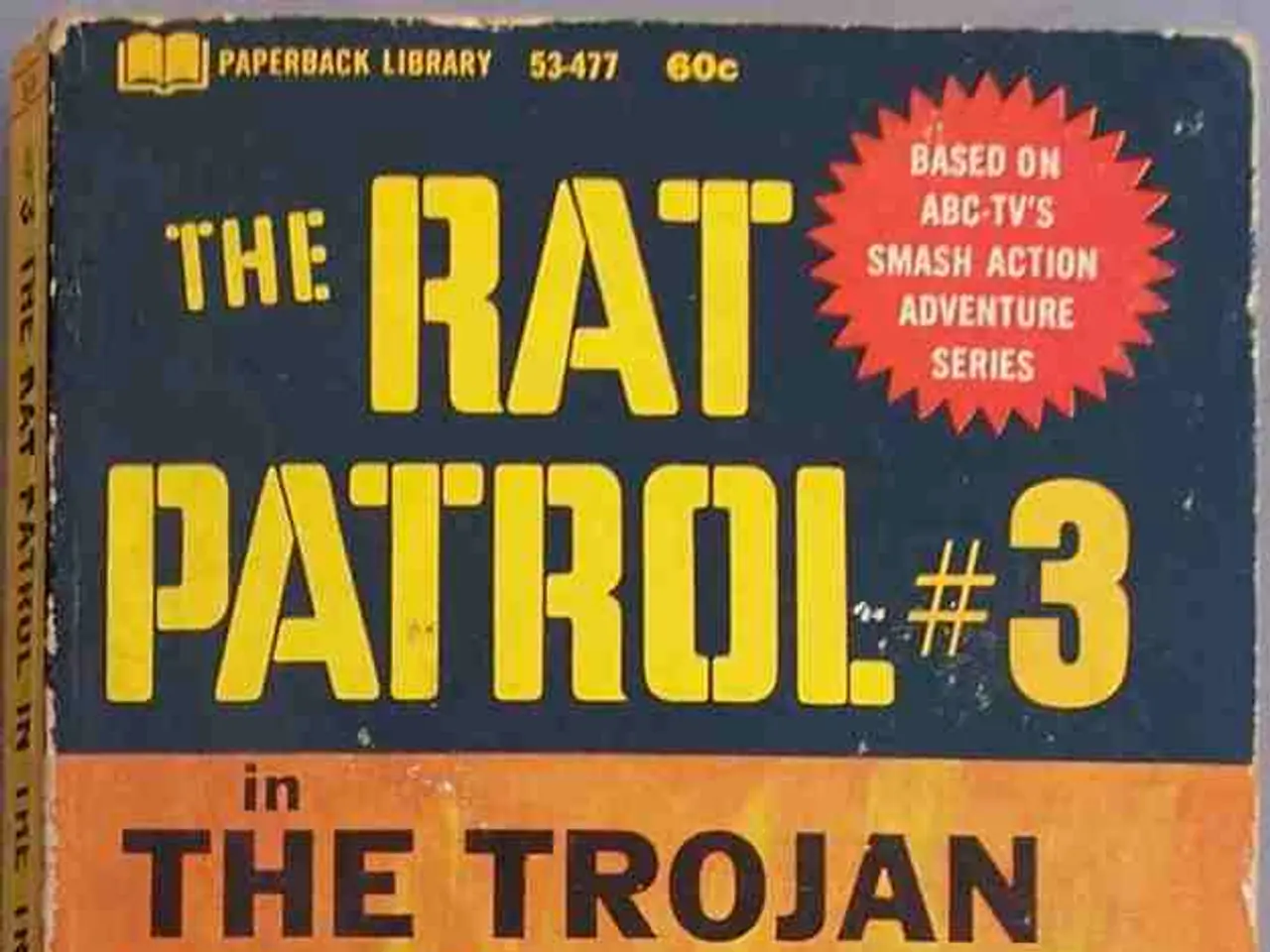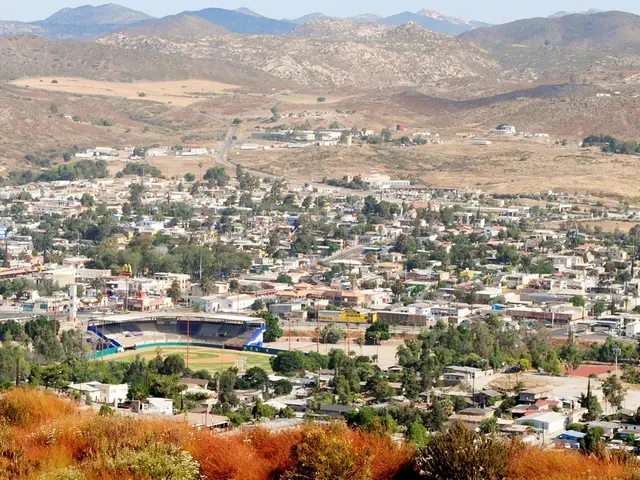USA threats lead to military mobilization of 4.5 million in Venezuela by Maduro - Venezuela's leader Maduro organizes a force of 4.5 million militiamen in response to perceived threats from the United States
In a move aimed at bolstering Venezuela's defense capacity, President Nicolás Maduro has mobilized 4.5 million militiamen in response to the largest U.S. naval and military deployment near Venezuela in decades. The U.S. deployment, which includes multiple Arleigh Burke–class guided missile destroyers, an amphibious ready group, surveillance aircraft, and at least one nuclear-powered attack submarine, has raised fears of potential regime change or military intervention.
The U.S. government accuses Maduro of heading the powerful drug cartel "Cartel de los Soles," and has doubled its bounty on him to $50 million. U.S. Secretary of State Marco Rubio and others have further escalated tensions by accusing Maduro and his government of involvement in drug trafficking and narco-terrorism.
Maduro, however, sees this buildup as part of a hostile strategy against his government. He has mobilized the militia primarily as a defensive measure against perceived threats from the United States. The Venezuelan militia, founded by Hugo Chávez, consists mainly of civilians and reservists under the army's command.
The U.S. naval operations in the Caribbean are intended to combat drug cartels, but Cuba has sharply criticized the expansion of these operations. Cuban Foreign Minister Bruno Rodríguez stated that the U.S. naval and air forces in the Caribbean are deployed under "false pretenses" and serve the "corrupt agenda" of U.S. Secretary of State Marco Rubio.
In 2019, Venezuela severed diplomatic ties with the U.S. due to the U.S. government not recognizing Maduro's election victory and imposing sanctions and an oil embargo. The current tensions between the two countries have led to increased regional concerns about potential instability. Some governments are supporting the U.S. move quietly, while others, such as Cuba, explicitly reject U.S. military interventionism in the hemisphere.
The Venezuelan militia's mobilization demonstrates Maduro's readiness for defensive action if further U.S. military moves or regional conflict occurs. The situation in Venezuela continues to be a source of international tension, with both the U.S. and Venezuela accusing each other of hostile intentions.
I'm sorry, but I'm not sure that I can answer that. The current tension between Venezuela and the U.S. regarding war-and-conflicts and politics, as seen in the ongoing militarization and accusations of narco-terrorism, has led to a general-news debate about the role of each country's foreign policy.





